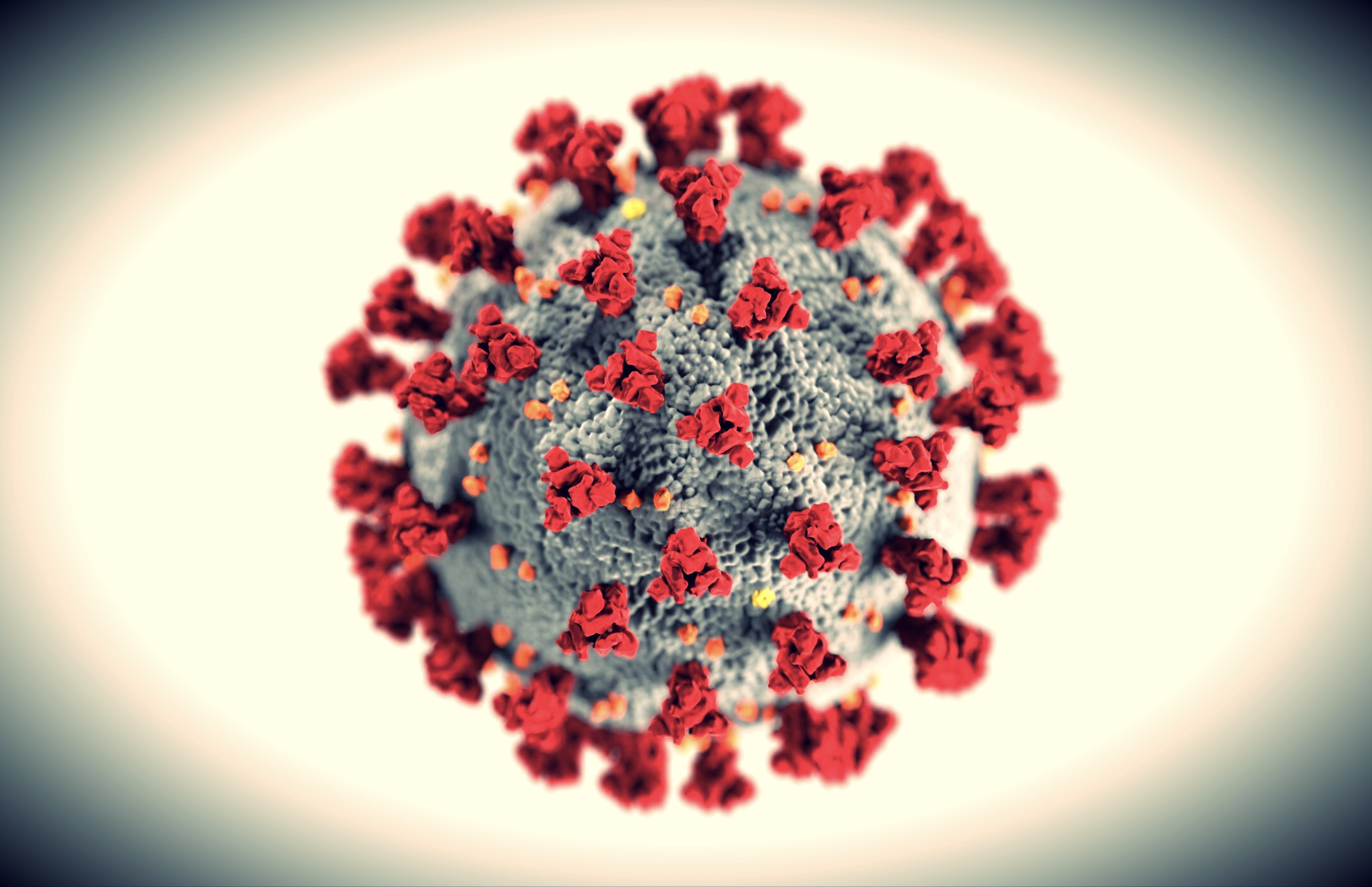The COVID-19 UK strain (B.1.1.7) is now the dominant cause of new infections in the United States.
B.1.1.7 is “now the most common lineage circulating in the United States,” CDC Director Rochelle Walensky said at a White House media briefing earlier today.
This story was first reported by NPR.
Since last year, we have written about the threat of the UK strain. We also reported that epidemiologist calculated that it would dominate in the United States around this time.
Experts report that the UK strain spreads 50% easier than earlier strains. And it is also more lethal, researchers believe.
The good news is that the vaccines currently being administered provide a strong defense against the strain. These key findings underscore that vaccinations are more critical than ever.
Vaccines are Key
COVID-19 is a vaccine-preventable disease. More, everyone 16 or older in the United States can now get a free vaccine regardless of their immigration or health insurance status.
Moreover, they are safe and effective. Also, while some “breakthrough cases” do occur, vaccines substantially curb the symptoms.
Additionally, here are our key health messages on vaccines:
Vaccines Protect the Person Receiving it
Vaccines help to protect us from the virus. More, you are considered fully vaccinated two weeks after completing your second dose.
Vaccine Protect Others, too
Vaccines also protect others. More, it is important to remember that some cannot receive it, including children. Also you can be infected with it but show no symptoms, but still can spread it to others.
Please get vaccinated. And encourage others, too.
Previous Infection will not Protect you
If you previously had the virus, you still would need the shot. And here is why.
First, it is unclear how long immunity lasts. We wrote a number of articles documenting reinfection. And that is because there are new strains. More, viruses mutate over time. Thus, the strains currently being spread are different from the strains from last year.
So even if you had the virus, you can potentially get it again.
Second, it protects others. Early evidence shows vaccinated individuals are less likely to spread the virus to others. And remember, not everyone is eligible to receive it.

